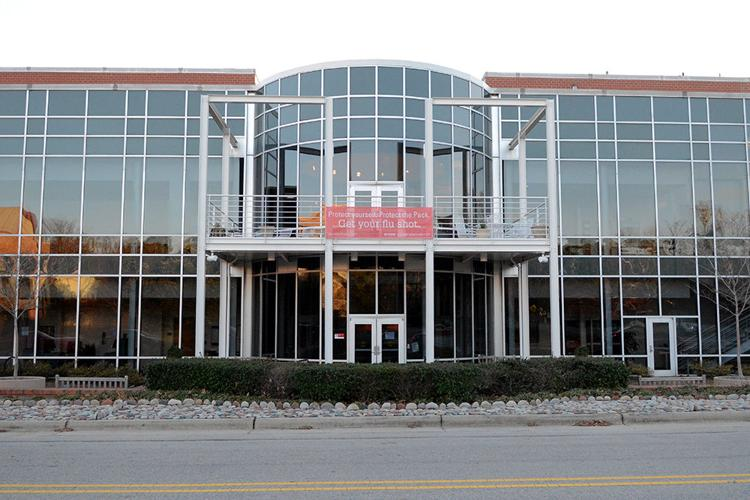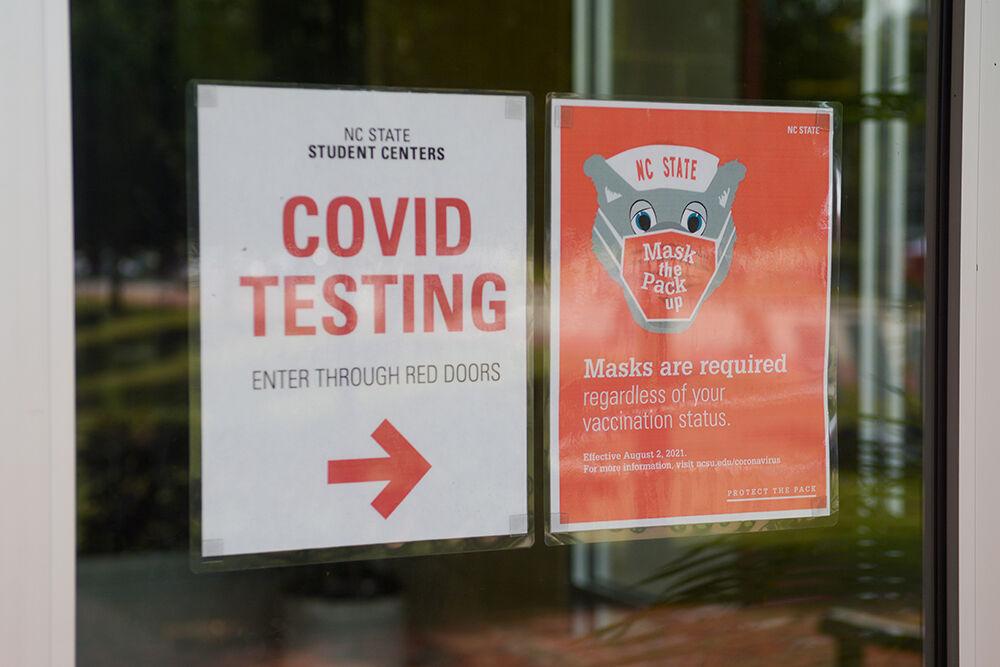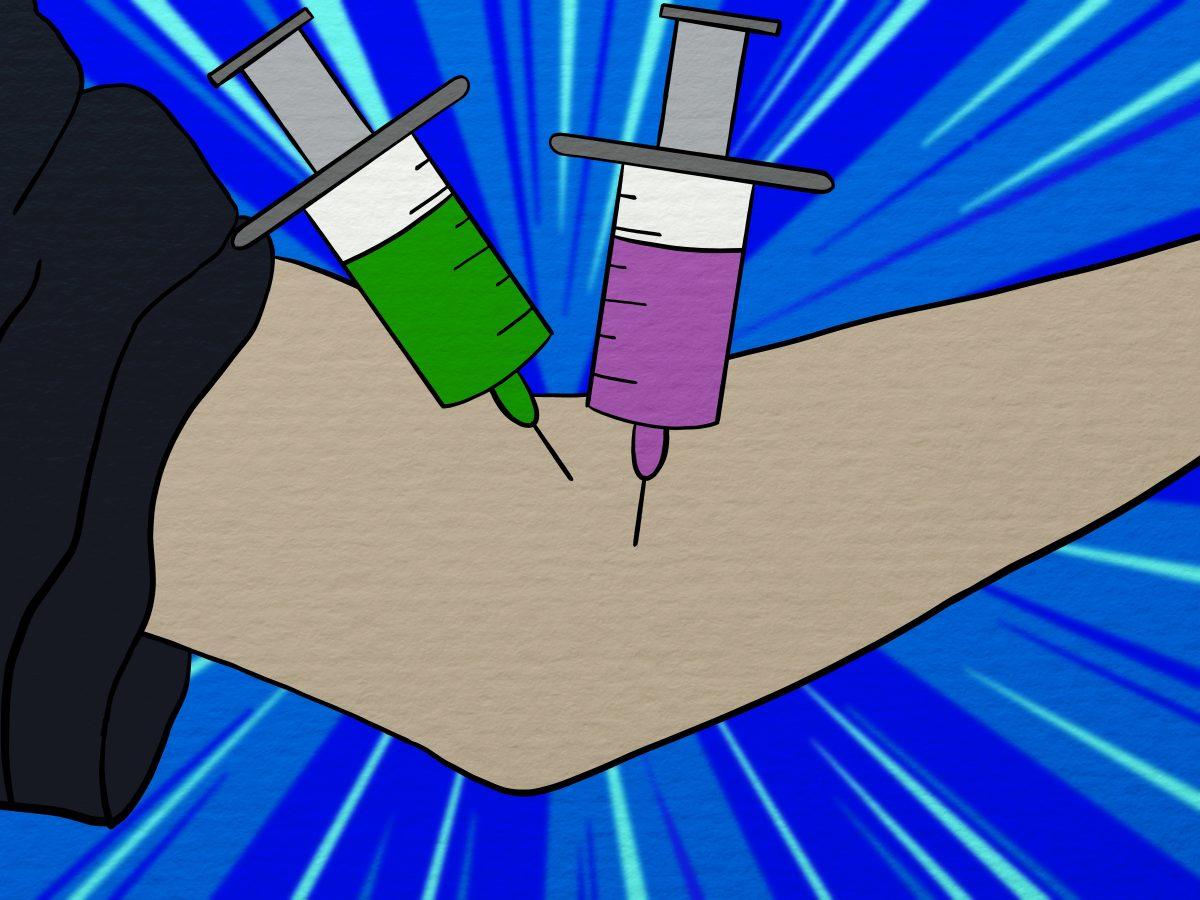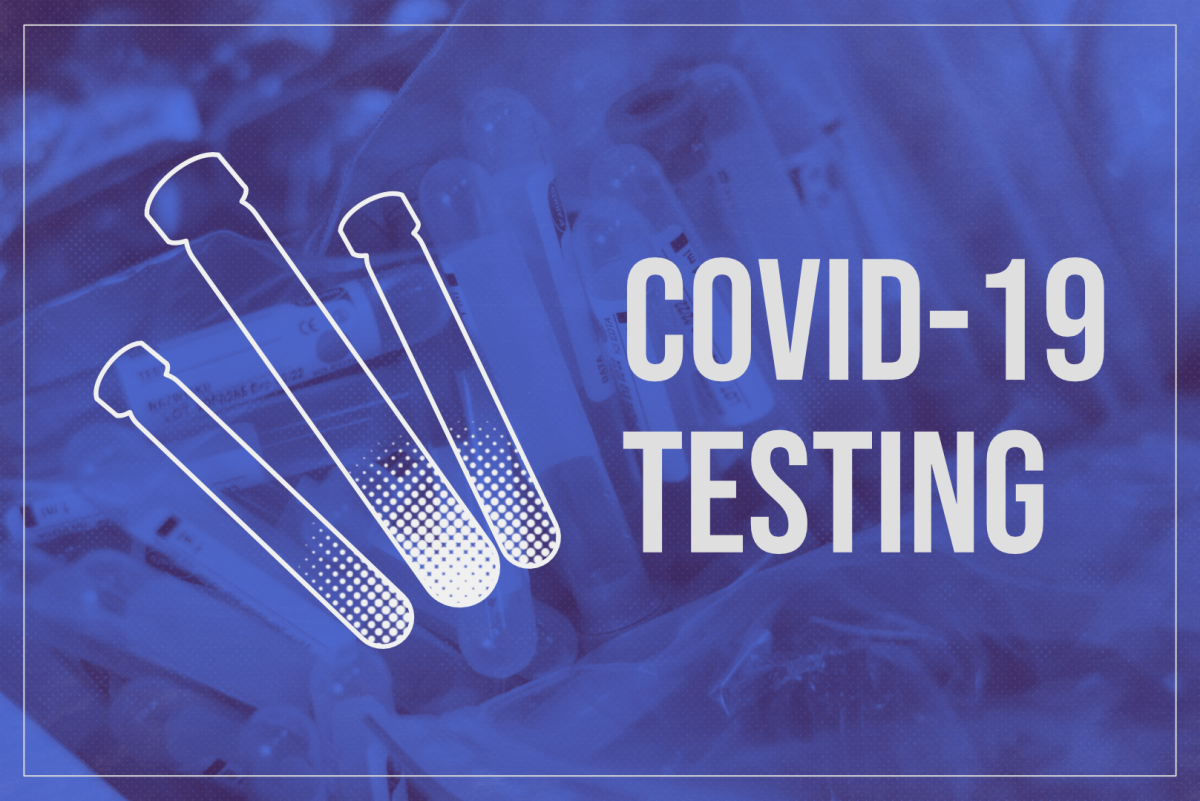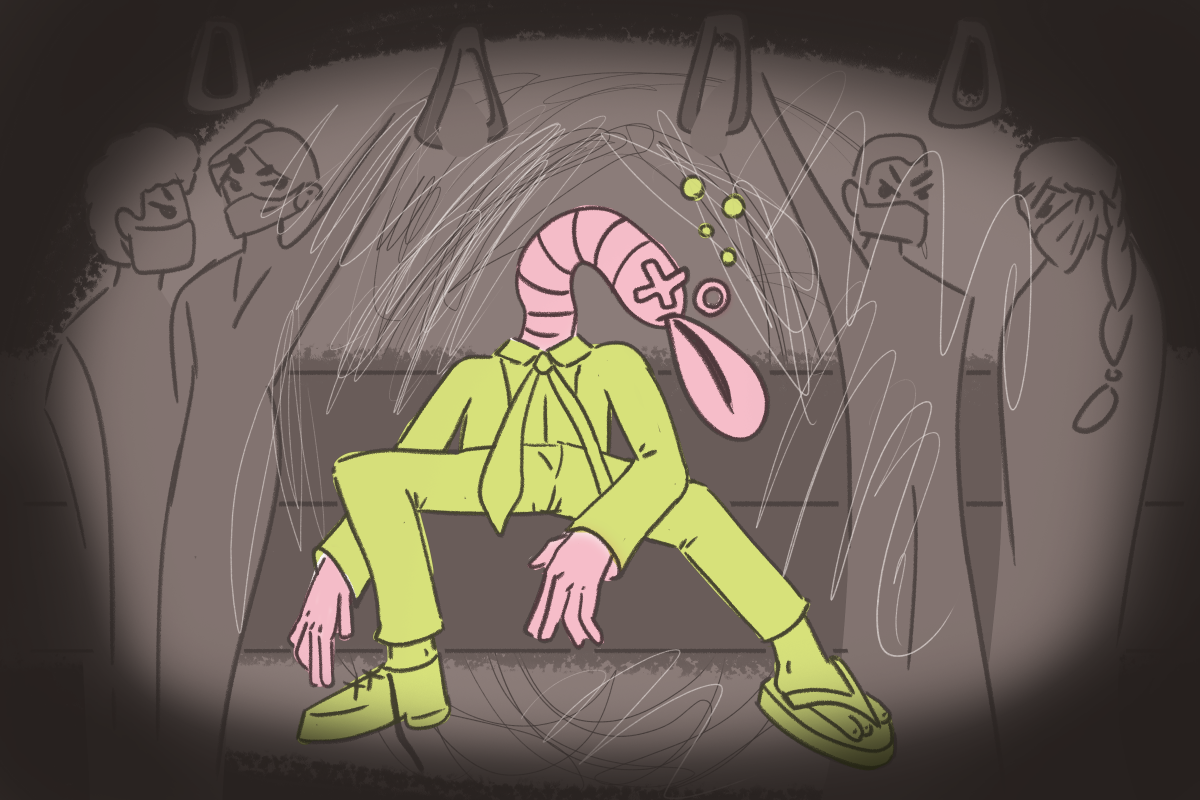NC State has created a survey for students and staff to report if they have symptoms of COVID-19, test positive or come into contact with someone who has the disease. People who complete the survey have the option to enroll in the contact tracing program, which can help NC State determine who may be at risk and find any potential hotspots for the disease.
The form asks students and staff for their name, identification number, whether they have COVID-19, are waiting for their results, have come into contact with a person who has the disease when the person began experiencing symptoms and if the person was on campus when they were ill. Then, the person will receive an email within a day with further instructions.
Dr. Julie Casani, director and medical director of Student Health Services, stated after a student or employee has filled out the survey, Student Health Services arranges for an interview with the individual.
After the interview, in which interviewees are asked similar questions to those on the survey, Student Health Services requests the person remain in quarantine. If the person is a student who lives on campus, has a roommate and cannot return home, they will receive an email from housing detailing how they will be relocated to a single-person dorm and cannot leave until their period of self-isolation is over. NC State will provide food and other resources for students in self-isolation and quarantine housing.
Students and staff have the option to join the contact tracing program. The program is voluntary, and it helps NC State track down people who are at risk for being infected with COVID-19.
Maria Limmen, nurse practitioner and manager at the Occupational Medical Department, described how the contact tracing program works.
“We contact their contacts,” Limmen said. “We then reach out to their contacts and then enroll them in the contact tracing program if they agree to it. This allows us to monitor if there are specific hotspots that are developing, and it helps us track if they develop the illness themselves or if they don’t.”
Limmen said Student Health Services determines that someone is a contact if they were within less than 6 feet of the infected person for at least 10-15 minutes.
Members of Student Health Services will then have a phone call with these individuals, where they ask these people questions, including their age or medical history to determine how at risk they are for COVID-19.
These people will then receive an email about their last contact with the COVID-19 patient. The results are then sent to a secure medical record system at Student Health Services.
Limmen said if a student or staff member may have been exposed to someone with COVID-19, they must self-quarantine between five and seven days to reduce the possibility of a false negative from testing. NC State will not be testing students or staff unless they exhibit symptoms or have been in contact with someone who has COVID-19.
Limmen also said Student Health Services is proud of the self-report survey and contact tracing program. They have worked on the program since March, and although specific data cannot be provided, Casani said 40-50% of people enrolled in the contact tracing program eventually left.
Casani recommends the best way for students and staff to prevent being infected with COVID-19 is to wear a mask both indoors and outdoors, practice social distancing, frequently wash their hands and stay at home when sick.
The Centers for Disease Control and Prevention have a list of potential COVID-19 symptoms available on their website. NC State community members who may have COVID-19 can make appointments at Student Health Services for assistance.


